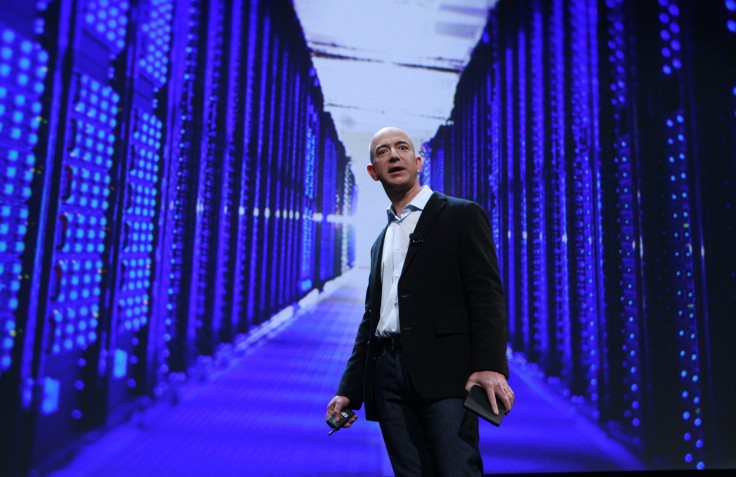Amazon: Targeting Texas Instruments' Wireless Unit?

Could Amazon.com Inc. (Nasdaq: AMZN), the No. 1 e-retailer, be on the prowl for a big chunk of Texas Instruments Inc. (Nasdaq: TXN), the No. 2 U.S. chipmaker?
Wire service reports citing Israel’s Calcalist said Seattle-based Amazon was eyeing the mobile chip sector of Texas Instruments, which is a current supplier of OMAP chips used in its Kindle Fire tablets.
Shares of Dallas-based TI rose about 4 percent to close at $28.22, up 94 cents. while those of Amazon, based in Seattle, rose $1.82 to $244.18.
Both companies declined comment on the reports.
Amazon reported cash and investments of $4.97 billion as of June 30.
If it were to bid for the TI mobile sector, Amazon might enter manufacturing for the first time. However, if it were to acquire just TI’s mobile chip lines, they could be for the designs and patents, rather than for wafer fabrication plants and other units that require major capital investment.
Amazon currently contracts with Taiwan-based manufacturers, mainly Quanta Computer (Taipei: 2382), for all its Kindle products.
TI, which has been one of the top suppliers to the mobile industry, with customers including hard-hit Nokia Oyj (NYSE: NOK) of Finland as well as Sweden’s Ericsson (Nasdaq: ERIC), has previously said it might want to exit the sector.
TI also sells chips to Barnes & Noble Corp. (NYSE: BKS), for its Nooks. Going forward, Microsoft Corp. (NYSE: MSFT), the No. 1 software developer, will work with Barnes & Noble on next-generation Nooks, as Microsoft starts selling its own Surface tablet.
TI encounters major competition from ARM Holdings of the UK (Nasdaq: ARMH), whose designs are deployed in products from Apple (Nasdaq: AAPL), the world's most valuable technology company, including the iPhone and iPad lines; as well as from Qualcomm Inc. (Nasdaq: QCOM) and Nvidia Inc. (Nasdaq: NVDA).
Amazon, under CEO Jeff Bezos, has sold millions of Kindle Fires since their introduction a year ago and has long been rumored to be interested in selling phones. Bezos, a Princeton-trained electrical engineer, personally has filed for smartphone patents.
As well, Amazon, through its Amazon Web Services, has been attracting small businesses to its cloud services. Last week, it announced more than 300 government agencies and colleges, including NASA and the University of Washington, were among its customers.
Having a smartphone to sell along with tablets would only bolster the e-retailer.
In Dallas, analyst Cody Acree with Williams Financial welcomed a sale as “solid positive for TI shareholders.” He estimated the unit accounted for about $150 million in revenue in the second quarter.
TI reported second-quarter wireless revenue fell 39 percent to $342 million, with an operating loss of $51 million, compared with a prior-year operating profit of $82 million.
However, the company attributed the poor performance to lower demand for baseband products, rather than for sales of portable ones such as smartphones and tablets.
© Copyright IBTimes 2024. All rights reserved.






















